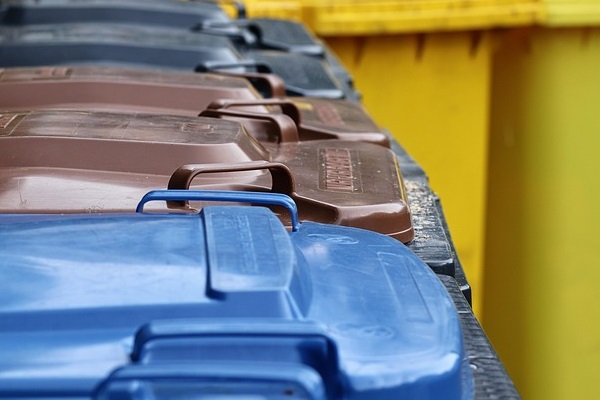 Credit: Pixabay
Credit: Pixabay
Luxembourg's Ministry of the Environment, Climate and Biodiversity and its Environment Agency have announced the launch of a public consultation on the revised National Waste and Resource Management Plan (PNGDR).
The government recently approved the draft PNGDR. This third revision, developed through a participatory process, serves as the reference framework for waste prevention and management in Luxembourg.
From 11 June to 1 October 2025, the PNGDR will be subject to public consultation, allowing all stakeholders to contribute to its final development. Comments can be submitted via the national public inquiry portal (https://enquetes.public.lu/fr.html) and the platform www.zesumme-vereinfachen.lu.
The PNGDR aims to:
- analyse the current situation in waste and resource management;
- determine the necessary measures to ensure the reuse, preparation for reuse, recycling, recovery and disposal of waste in environmentally friendly conditions;
- define waste prevention objectives and measures.
The authorities noted that the PNGDR takes into account both the community context (including the EU Waste Framework Directive and regulations on packaging, batteries and end-of-life vehicles) and the national context (including the adaptation of waste regulations and the implementation of strategies such as "Null Offall Lëtzebuerg" and the circular economy).
The PNGDR is based on the following principles:
- waste hierarchy: priority given to prevention, reuse, recycling and recovery before disposal;
- protection of human health and the environment: ensuring all measures respect these priorities;
- polluter pays principle: waste management costs must be borne by those who generate the waste;
- extended producer responsibility: producers must assume responsibility for the end-of-life management of their products.
The plan includes various facilities for waste recovery and disposal, such as landfills, incineration and co-incineration facilities, composting facilities, methanisation facilities and resource centres.
The PNGDR sets specific targets by waste type (for 2030):
- municipal household waste: recycle at least 60% by weight and end landfilling of municipal waste;
- biowaste: ensure nationwide separate collection and nutrient recovery;
- construction and deconstruction waste: prevent the use of excavated soil and promote material reuse;
- packaging waste: recycle at least 70% of packaging and reduce the use of plastic bags;
- littering: reduce littering, hold producers of single-use plastic products accountable and monitor litter trends;
- waste electrical and electronic equipment (WEEE): achieve and maintain a collection rate of at least 65%, increase prevention, reuse electrical and electronic equipment (EEE) and prepare for reuse of WEEE;
- reuse and preparation for reuse: promote reuse and establish a reliable reuse database.








